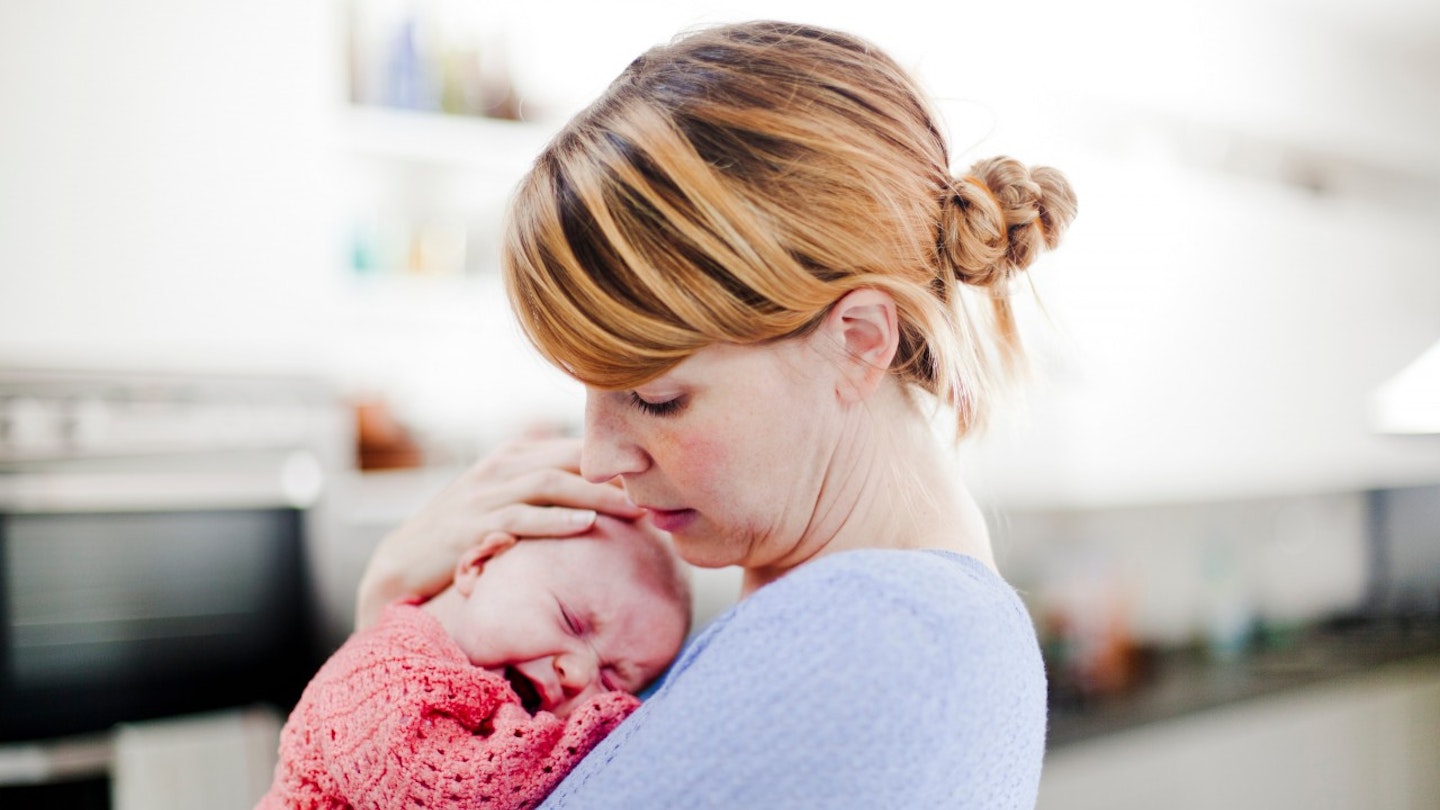It’s understandable to feel the pressure to get everything spot-on when you’ve just had a baby – but for some women, this can lead to depression
Women are developing depression during and after pregnancy because of the pressures of new parenthood – and three quarters don’t feel able to tell their health worker.
The study by organisations including Tommy’s and the Royal College of Midwives (RCM) looked at 1500 women with perinatal mental health problems – 43% said they were left not wanting to leave the house, 22% struggled with suicidal thoughts and 30% had symptoms of depression for more than 18 months.
The main reasons women kept these feelings to themselves were embarrassment, fear of having their babies taken away or not feeling comfortable seeing lots of different midwives or health visitors.
22% felt worried about ‘doing things right’ as a new parent
When it came to the pressures that contributed to this depression, 22% felt worried about ‘doing things right’ as a new parent while 21% worried over a lack of emotional and practical support.
The survey also spoke to 2,000 health professionals – 44% were concerned they didn’t have enough time during appointments to discuss a woman’s mental health.
Many also pointed out that the current system of asking only two questions about a new mum’s state of mind – did she feel sad or has she lost interest in things – wasn’t enough to gauge any real problems.
‘The survey highlights the need to improve professionals’ knowledge and willingness to help and support women to access appropriate help.,’ says Cathy Warwick, chief executive of the RCM.
‘We recognise that this is often very difficult as midwives face pressure on their time due to the demands on the maternity services caused by a rising birth rate, more complex births and a shortage of midwives.’
The organisations behind the research are today launching a new Wellbeing Plan for women and health professionals, so that emotional health is given the same attention as physical health.
Did you get enough support before and after having a baby? Let us know in the comments box below.
